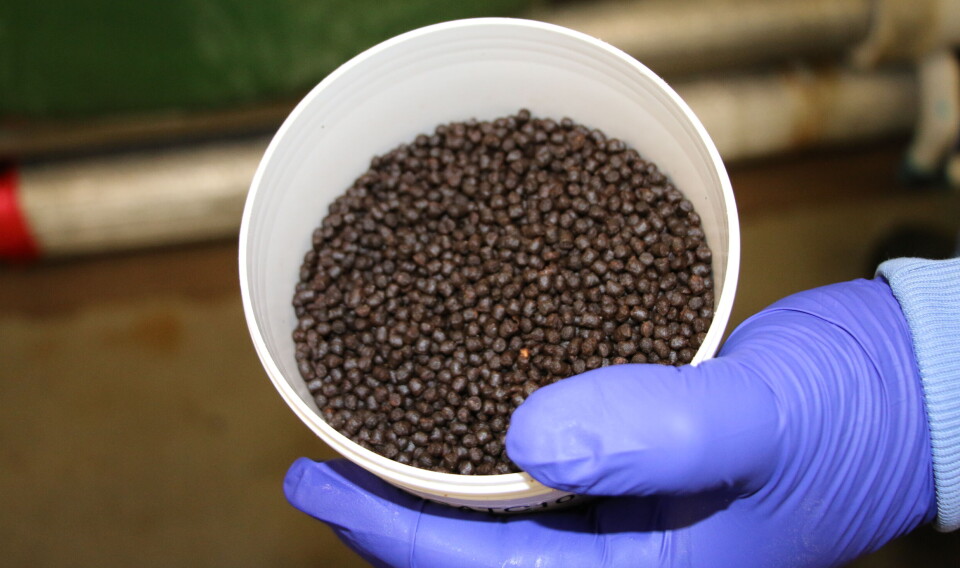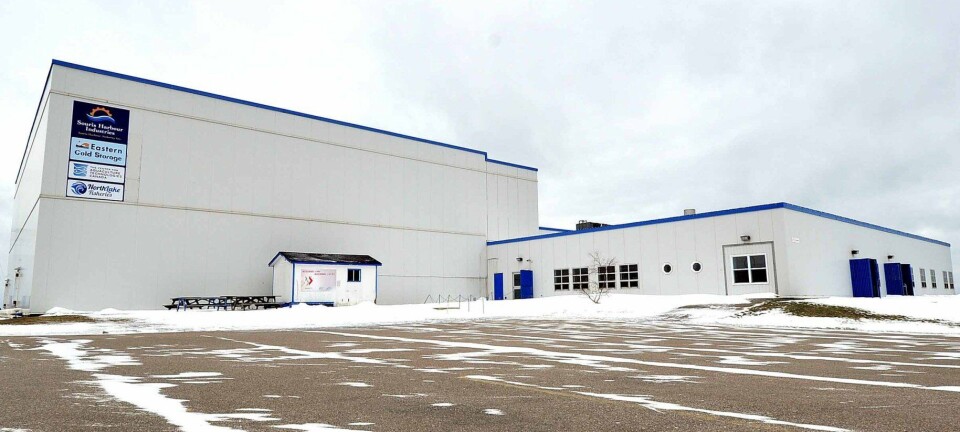
New research into canola's value in aquafeed
Canadian aquaculture contract research organisation Onda has announced that it is working with the Canola Council of Canada (CCC) on a project examining the use of canola-based feed meal for sustainable aquaculture production.
The goal of the project is to expand the market for Canadian canola – a type of rapeseed plant - and provide a sustainable alternative ingredient for aquafeed, Onda said in a press release.
Myrna Gillis, chief executive of Prince Edward Island-based Onda, said: “As global demand for seafood continues to rise, the need for sustainable practices in aquaculture has become more pressing than ever. By advancing research into alternative feed sources, Onda and the canola sector are helping the industry meet these challenges head-on while working to unlock new markets for Canadian canola.”

The 18-month research project will evaluate the use of Canadian canola meal in fish feed and its impact on growth, disease resistance, and the environment. Objectives of the study are to update nutrient digestibility values and provide new data on canola’s use in aquaculture, as well as a life cycle analysis on canola meal in salmon feed. The research will involve Onda’s Nutrition, Health, FeedTech and LabTech business units and will culminate in shared research and dissemination of the findings.
Nutritional value
“This research will enhance our understanding of canola meal’s nutritional value in aquaculture, helping to build market opportunities and further canola’s value-added contributions to our food and feed systems,” said Chris Manchur, CCC agronomy specialist and research lead.
Canola meal is regarded as a promising plant protein source for fish feed due to its sustainability, market availability, cost-effectiveness and balanced amino acid profile.
“This project provides an excellent opportunity to evaluate canola meal in a new light," said Onda’s nutrition director Ivan Tankovski. “The digestibility and benchtop studies showed promising results, and we are now eagerly anticipating the results from the next trial to complete the picture.”
The project is part of the Canola AgriScience Cluster, a five-year research programme funded under Agriculture and Agri-Food Canada’s Sustainable Canadian Agricultural Partnership with contributions from the CCC, Alberta Canola, SaskOilseeds, Manitoba Canola Growers and the Ontario Canola Growers Association.
























































